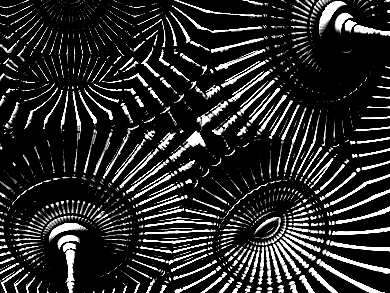Cornelius Hempel and Christine Maier, University of Sydney, Australia, and colleagues carried out the first quantum chemical simulation on an ion trap quantum computer. At the Institute of Quantum Optics and Quantum Information (IQOQI) in Innsbruck, Austria, the researchers used an ion trap quantum computer with 20 quantum bits (qubits), a linear array of individually controllable trapped calcium ions. Such a system of trapped ions is among the leading hardware platforms in the race to develop a universal quantum computer.
The team simulated the molecular ground state energies of hydrogen and lithium hydride using up to of these four quantum bits. Previously, the electronic structure of the helium hydride ion was simulated using a single qubit. Ion arrays of up to 50 qubits would allow to increase accuracy and to simulate larger molecules.
The researchers choose relatively simple molecules. They are well understood and can be simulated using classical computers which allow the team to check the results provided by the quantum computers. With their work, they what to find out what can go wrong in a quantum-classical hybrid algorithm known as variational quantum eigensolver (VQE).
Quantum chemistry attempts to understand the complicated bonds and reactions of molecules with the help of quantum mechanics. Many details of chemical processes cannot be simulated even with the largest and fastest supercomputers. By modeling these processes with the help of quantum computers, the scientists expect a better understanding. This could open the way for chemical reactions that require less energy and enable the development of new catalysts. The quantum simulation of chemical processes could in the future help solve problems in chemistry and thus, for example, give new impulses for materials science, medicine, and industrial chemistry.
- Quantum chemistry calculations on a trapped-ion quantum simulator,
Cornelius Hempel, Christine Maier, Jonathan Romero, Jarrod McClean, Thomas Monz, Heng Shen, Petar Jurcevic, Ben Lanyon, Peter Love, Ryan Babbush, Alán Aspuru-Guzik, Rainer Blatt, Christian Roos,
Physical Review X 2018.
https://arxiv.org/abs/1803.10238




